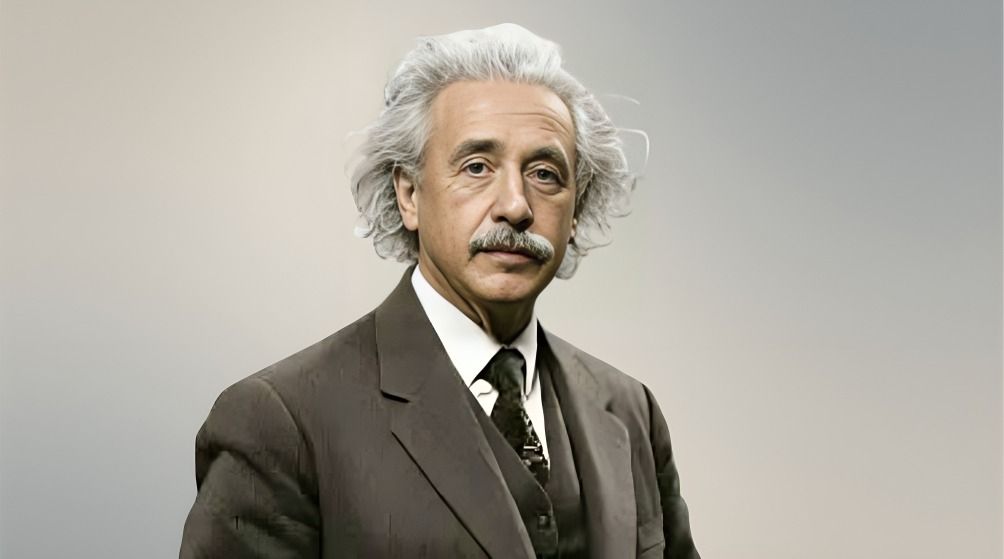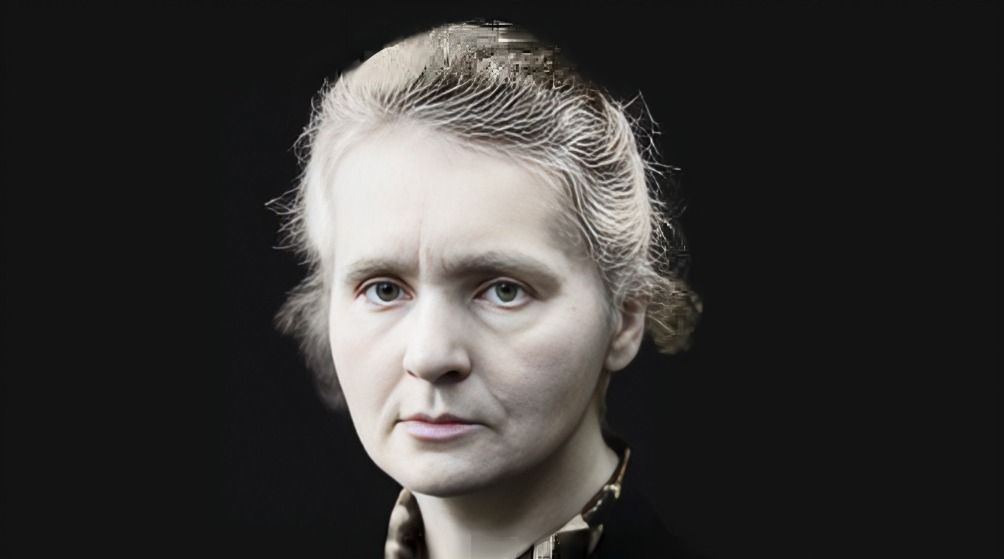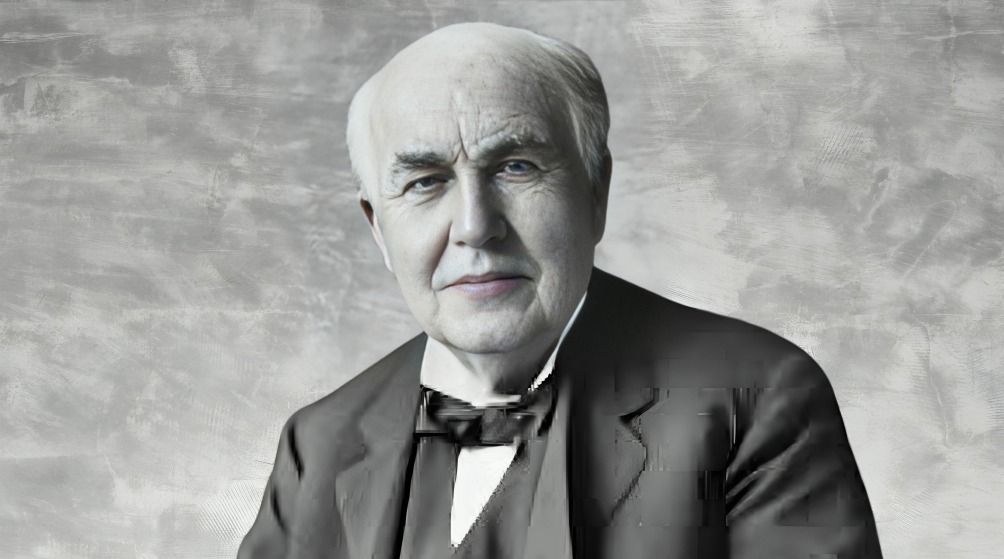
“
Thomas Edison, one of history's most famous inventors, transformed the modern world with his groundbreaking innovations. Often called "The Wizard of Menlo Park," Edison held over 1,000 patents, including inventions like the light bulb, phonograph, and motion picture camera. His relentless curiosity and passion for technology fueled a career that redefined daily life. In this blog, we’ll explore 20 interesting facts about Thomas Edison, uncovering details of his successes, struggles, and the inventive mind that sparked a technological revolution. From his early experiments to his later life, Edison’s achievements continue to inspire generations. These intriguing facts will offer a deeper look into the man whose inventive genius brightened our world and paved the way for future innovations.1
”
Thomas Edison was born on February 11, 1847, in Milan, Ohio. He was the youngest of seven siblings, which nurtured his inventive spirit from an early age.1
Edison's formal education lasted just three months due to his restless nature; his mother, recognizing his potential, took on the responsibility of homeschooling him instead.2
At the age of 12, Edison sold newspapers on trains, which allowed him to develop an interest in telegraphy, ultimately becoming a telegraph operator and igniting his inventive career.3
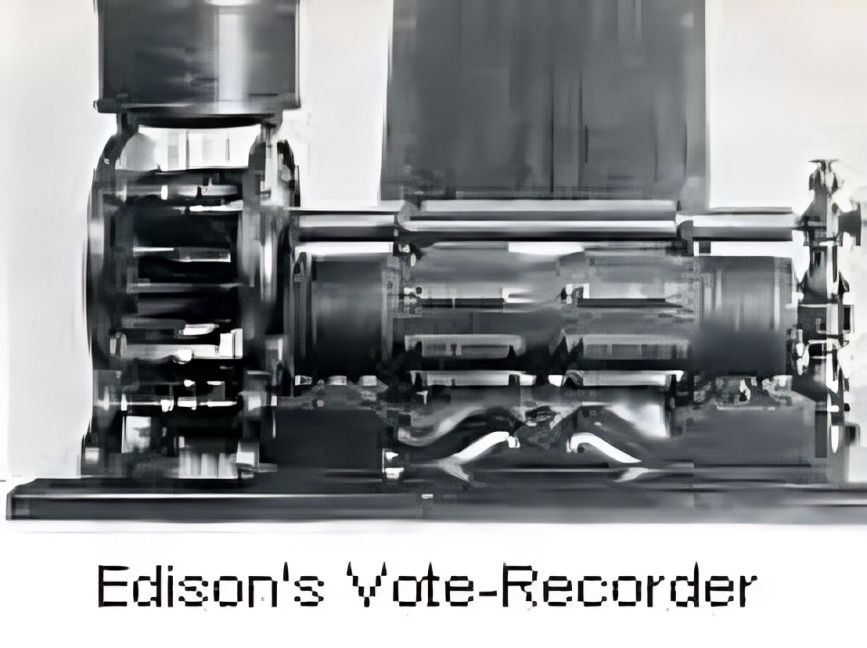
At 22, Edison invented an electrical vote recorder, but it failed to gain any significant market interest, teaching him valuable lessons about understanding consumer needs and persistence.
In 1877, he invented the phonograph, the first device capable of recording and reproducing sound, astonishing the public and earning him the nickname "The Wizard of Menlo Park."4
Edison established the first industrial research laboratory in Menlo Park, New Jersey, a groundbreaking facility where he and his team of inventors could collaborate on revolutionary technologies and inventions.5
Throughout his lifetime, Edison held over 1,000 patents, including his significant improvements to the light bulb, which fundamentally changed how people illuminated their homes and workplaces.6
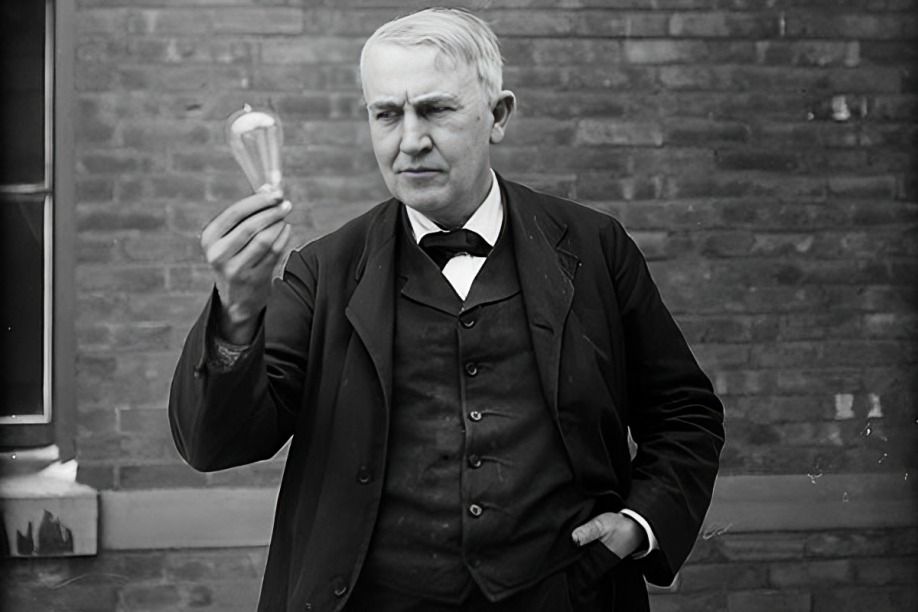
The practical electric light bulb, developed by Edison in 1879, resulted from extensive experimentation, where he tested more than 6,000 different materials for filaments before discovering carbonized bamboo.
In 1892, Edison co-founded General Electric, which emerged as one of the largest and most diversified industrial corporations in the world, showcasing his remarkable business vision and acumen.7
Edison famously stated, "Genius is one percent inspiration and ninety-nine percent perspiration," underlining his belief that hard work and determination are essential components of true success.8
He was a fierce competitor, particularly against Nikola Tesla, leading to the "War of Currents," where he passionately promoted direct current (DC) electricity over Tesla's alternating current (AC) system.9
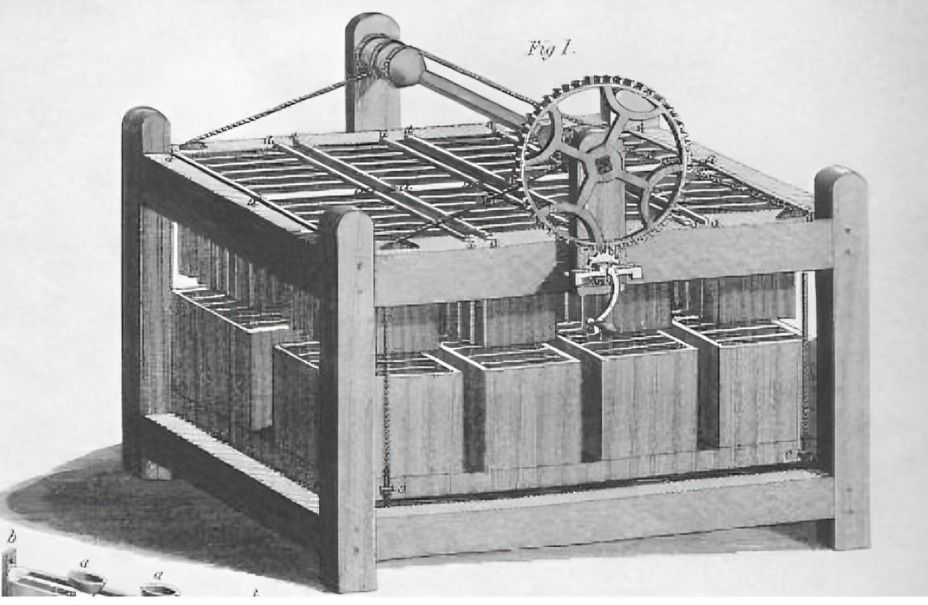
In 1901, Edison invented the alkaline storage battery, a significant advancement that supported the burgeoning automobile industry and influenced a wide array of electrical applications.
In 1882, he opened the world’s first commercial electrical power station in New York City, marking the beginning of the modern electric utility industry and transforming urban life.10
Edison was a pioneer in the motion picture industry, helping to develop the Kinetoscope, an early film projection system that laid the groundwork for the entire film industry.11
His invention of the mimeograph in 1876 revolutionized document duplication, making it easier and more affordable for schools and businesses to produce printed materials in large quantities.12
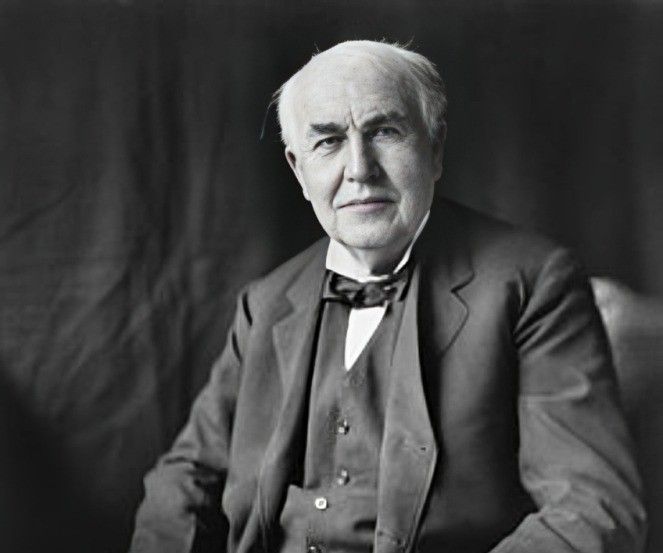
Edison's relentless work ethic was legendary; he often worked 16-hour days and took only short breaks, driven by his passion for invention and innovation in various fields.
Despite facing numerous setbacks and failures throughout his career, each challenge motivated Edison to push further, showcasing his resilience and unwavering determination to succeed in his endeavors.13
In his later years, Edison contributed significantly to renewable energy research, demonstrating his commitment to sustainability and the exploration of innovative energy technologies for the future.14
As a founding member of the Motion Picture Patents Company in 1908, Edison played a crucial role in developing the early film industry and addressing important copyright issues.15
Despite his numerous achievements and successes, Edison remained humble, often attributing his accomplishments to the collaboration and hard work of those who supported him throughout his journey.16

